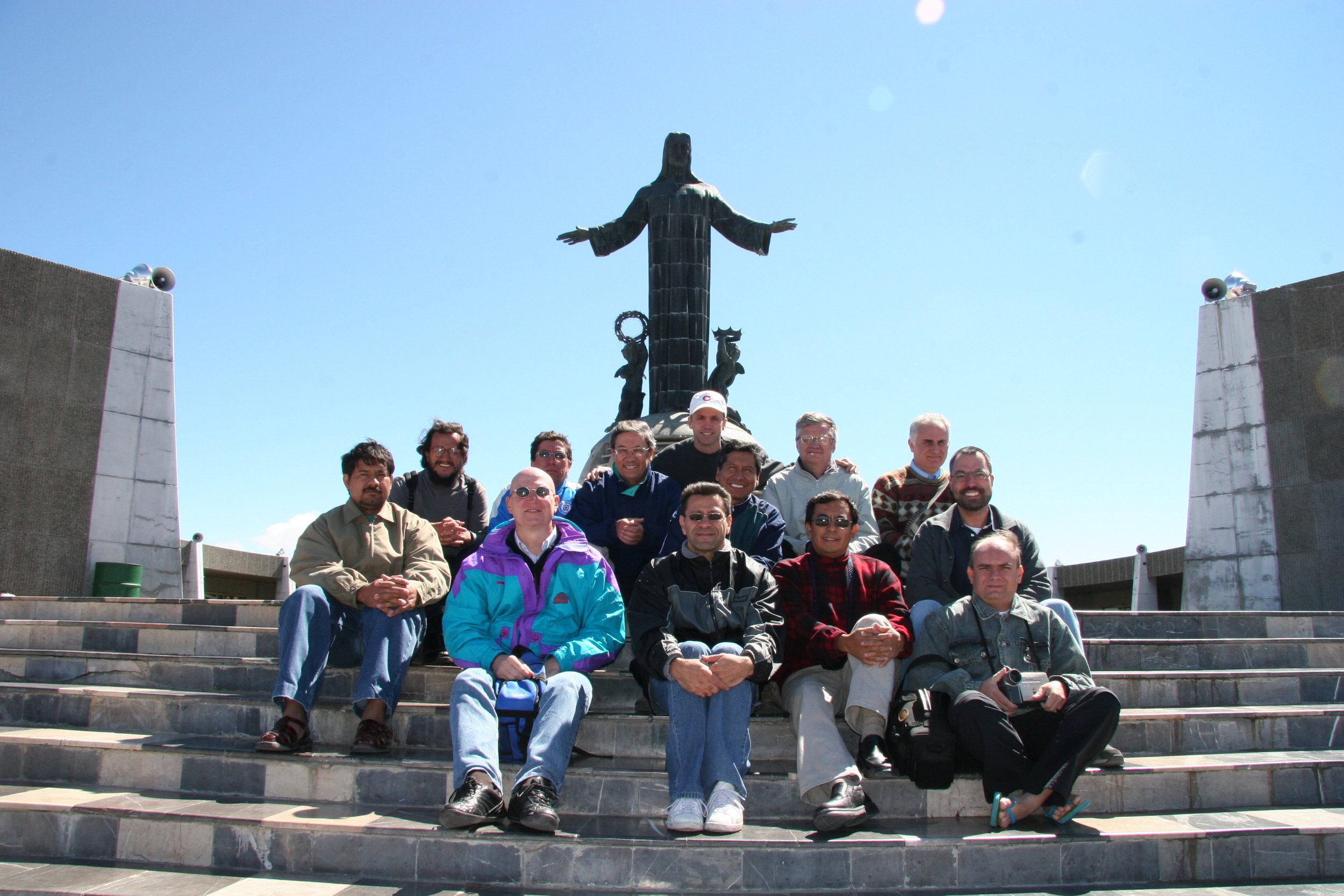Cenacle of Apostles
When St. Daniel Comboni founded his missionary Institute, he envisioned it as a true cenacle of Apostles—a community of missionaries bound together not merely for practical evangelisation, nor solely for personal spiritual enrichment, but for something far deeper. He sought to create an environment where missionaries would embody and experience what Christ himself had proposed to his disciples: a life entered on faith, service, and love.
From the very beginning of his mission, Jesus chose companions to share in his work (Lk 6:12-16). He called them to live with him, embracing a way of life that defied the prevailing norms of the time. His community was not just an assembly of followers but a living sign of the Kingdom he proclaimed—much like a seed holds the promise of a great tree.
For Jesus, the Kingdom of God was like a family, where each person shared the same dignity, lived in simplicity, and recognised God as a loving Father. At the heart of this family was love—a love that expressed itself through care, sharing, and mutual service. It was a new kind of family, not formed by blood ties but by a common commitment to doing God’s will (Mk 3:33-35).
Yet, this community was far from uniform. Jesus’ chosen disciples came from diverse backgrounds and possessed different temperaments. Peter was impulsive, James and John were fiery, Thomas struggled with doubt, and Judas harboured greed. Some were fishermen, others farmers, and some, like Matthew, held despised occupations such as tax collecting. Their differences often led to tension and discord (Mt 20:20-24), but Jesus did not turn away from them. Instead, he persisted in love, teaching them to measure their lives by his example (Jn 15:12). Through him, they learned that true community demands constant forgiveness, self-sacrifice, and a willingness to lay down one’s life for others.
Their life together became a powerful testimony to the Kingdom Jesus preached. One of his most striking acts was his habit of sharing meals with sinners, offering visible signs of the Kingdom taking root among the marginalised. The most profound of these meals was the Last Supper. More than a simple gathering, it was a moment in which Jesus gave not just words of instruction but his very self, commanding his disciples to continue this experience of communion (1 Cor 11:23-26).
St. Comboni deeply believed in this model of community. He saw the cenacle experience as fundamental to his missionaries’ lives—a commitment to living together with Christ at the centre and serving one another in faith. He understood that their shared life was not merely a human arrangement but a divine calling. A true community, he taught, is the fruit of God’s love, made real through the Holy Spirit. Thus, his missionaries were to form a true family, united in the name of the Lord. This life in common is not just an element of the Comboni charism—it is essential to it, an inseparable part of the mission entrusted to them.

